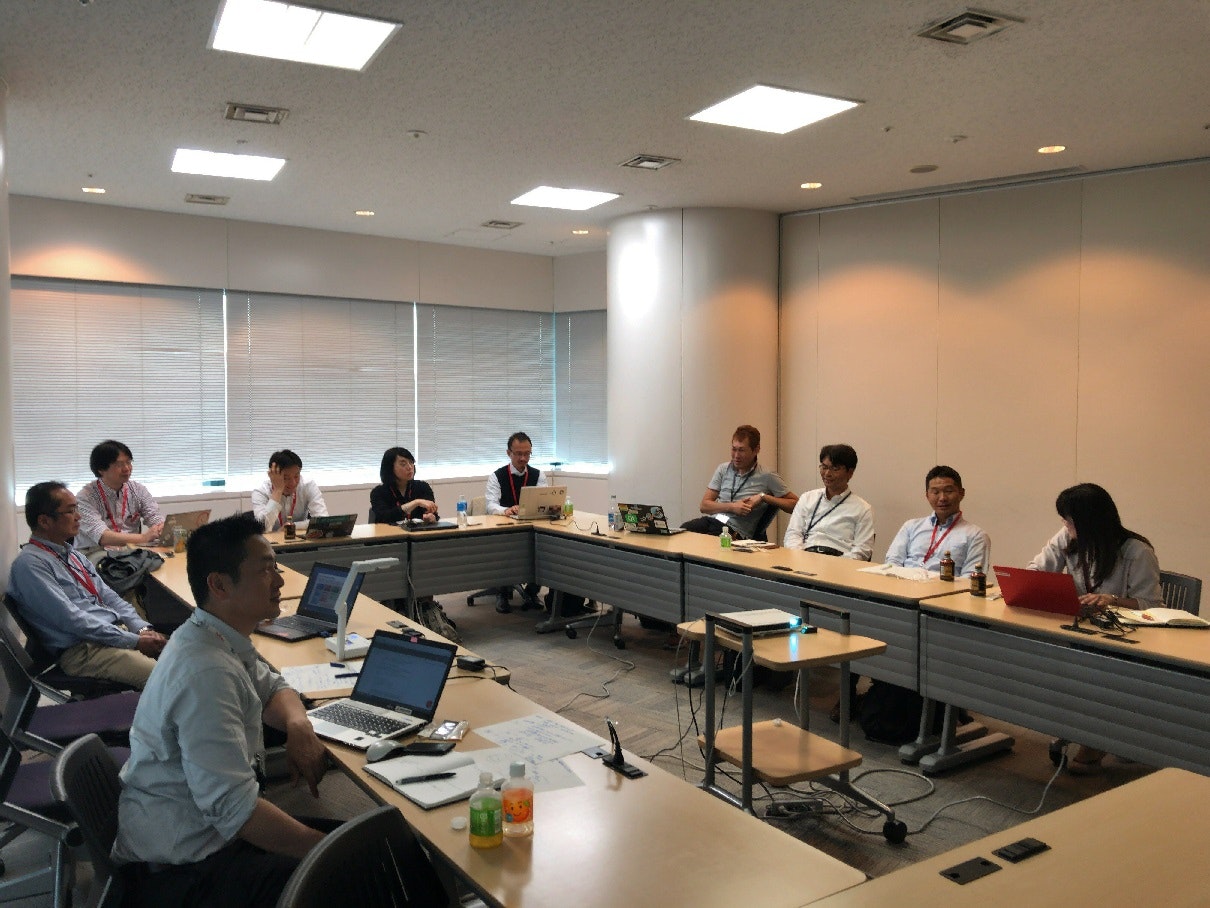SAN FRANCISCO, September 2, 2020 – The OpenChain Project announces Synopsys as the latest official OpenChain Partner.
“Black Duck, acquired by Synopsys in 2017, has long been recognized as a pioneer in the field of open source compliance tooling and management solutions,” says Matthew Jacobs, Director, Legal Counsel at Synopsys. “Encouraging and enabling organizations of all sizes to use open source in a responsible manner, respectful of the copyright holder’s intentions, requires a commitment to process and we are thrilled to join the OpenChain community in promoting adoption of, and commitment to, that process.”
“Matt Jacobs and the team at Synopsys have long been involved around the OpenChain Project via webinars and other outreach activity,” says Shane Coughlan, OpenChain General Manager. “It is great to welcome them into the program and provide additional freedom of choice for people seeking assistance from tooling vendors.”
About Synopsys
Synopsys technology is at the heart of innovations that are changing the way people work and play. Self-driving cars. Machines that learn. Lightning-fast communication across billions of devices in the datasphere. These breakthroughs are ushering in the era of Smart Everything―where devices are getting smarter, everything is connected, and everything must be secure.
Powering this new era of digital innovation are high-performance silicon chips and exponentially growing amounts of software content. Synopsys is at the forefront of Smart Everything with the world’s most advanced technologies for chip design, verification, IP integration, and software security and quality testing. We help our customers innovate from silicon to software so they can bring Smart Everything to life.









